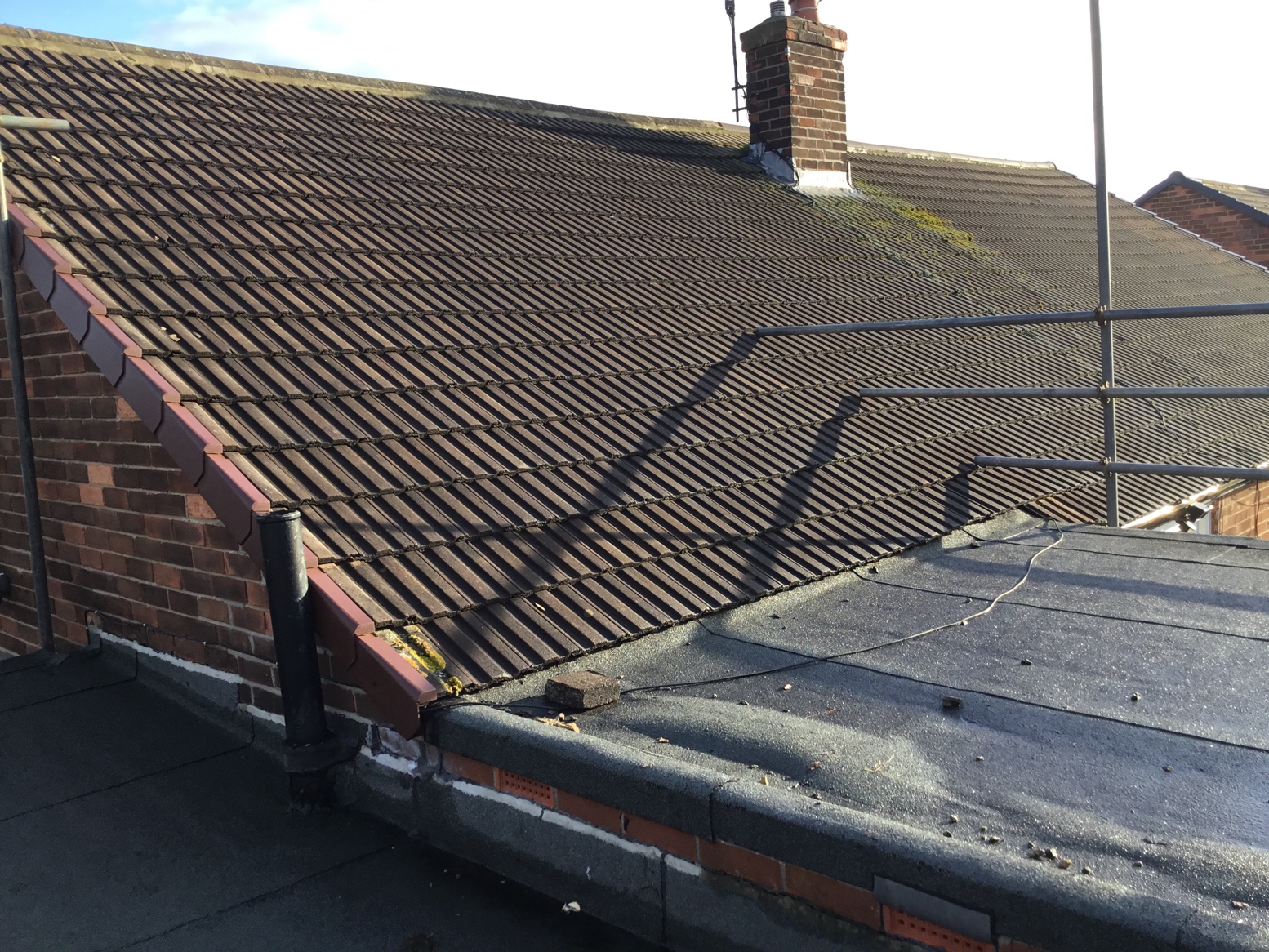
Picking an internet plan for your household can be tough.
There are so many different providers, and so many different deals, that it can be difficult to figure out what to go for.
If you get the wrong deal, you could end up paying too much. You could also end up with less speed than you need, meaning sluggish internet for everyone at home.
Whether you’re looking to save money with your existing provider, or you’re about to buy broadband as a first home buyer, it’s important that you know what to look for.
Here’s how to pick a broadband plan that meets your household’s needs.
-
Find out what your options are
Some people don’t know this, but the broadband deals available to you depend in large part on where you live.
The big internet service providers or ISPs, like BT and Sky, are available in 99% of the UK. However, some smaller companies, like Hyperoptic, only service specific urban areas.
To see what options are available, you can type your postcode into this tool.
-
Openreach vs non-Openreach
Once you’ve found out what deals there are to choose from, you need to decide whether or not you will exclude non-Openreach providers from your search.
Openreach is the main broadband network in the UK, owned and maintained by BT.
Nearly every broadband provider in the UK uses the Openreach network to deliver their service. This means that companies like Plusnet and EE are simply reselling access to BT’s network.
Only Virgin Media and some ultra-specialised providers like Hyperoptic do not use Openreach.
But what does this mean for you as a consumer?
If you go for a non-Openreach provider like Virgin Media, there may be some additional hassle during the setup process, unless your house has used the same provider in the past. They may need to send a technician out to install some cabling, for example.
Also, it’s a bit more complicated to switch between Openreach and non-Openreach providers. Instead of having to simply start your new plan and wait for the new provider to cancel the old one, you’ll have to call up and cancel the old plan yourself, if switching from BT to Virgin Media, for example.
The benefits of non-Openreach providers is they can sometimes provide faster speeds, depending on where you live.
-
Deciding what speed you need
Now you need to figure out exactly how much speed you need to pay for.
To take the guesswork out of picking your speed, it’s a good idea to use this tool to calculate how much bandwidth your household needs.
Remember, the amount of speed you need will be completely different for a single person occasionally web browsing than it will be for a family of four who are gaming and streaming video nearly every day.
Going for a plan with reduced speeds is one of the easiest ways of saving money on broadband.
However, you don’t want your connection to be too slow, especially if you have a lot of heavy internet users in the house.
-
Contract length
Most good broadband providers will have some flexibility in letting you pick a contract length that works for you.
You can’t back out of one of these contracts without incurring a hefty fee, so it’s important to consider what length of contract you want to go for.
In general, the options are:
- Month-to-month (rare).
- 12 months.
- 18 months.
- 24 months.
Normally, the longer the length of contract, the less you will pay per month.
When choosing contract length, think about:
- Whether you’re likely to be moving house any time soon.
- How sure you are that the plan has enough speed for your needs.
- How confident you are in the quality of the customer service of the provider.
If in doubt, it’s a good idea to choose a 12-month plan. However, it’s important to note that sometimes you won’t have the option. Some providers will only offer an 18-month contract with a given plan, for example.
-
Addons and TV
Some broadband plans will come with free gifts, like games consoles or Fitbits.
In general, these free gifts are gimmicks. Although you may be able to recoup your setup fee if you sell the gadget on eBay, normally the provider charges more per month to finance the gift.
However, there are some addons that are worth looking out for.
- TV channels. If you watch sport for example, you need to consider whether you want to get the channels you need included with your broadband, or whether you’d be better off buying a separate monthly pass.
- Mobile data. Some vendors, like EE, will add some data onto your mobile plan if you bundle your broadband.
- Routers. Not all routers are created equal. If your house is prone to dropout issues, for example if it’s a larger house, it’s worth considering whether you’ll need to buy a better WiFi router, or if the included one will get the job done.




 POSTED BY
POSTED BY 

